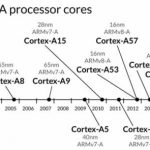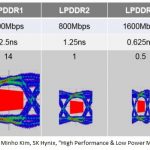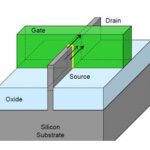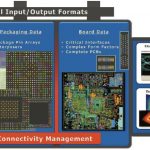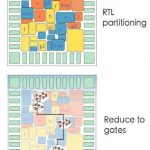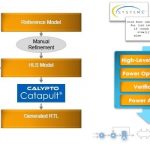You are currently viewing SemiWiki as a guest which gives you limited access to the site. To view blog comments and experience other SemiWiki features you must be a registered member. Registration is fast, simple, and absolutely free so please,
join our community today!
WP_Term Object
(
[term_id] => 159
[name] => Siemens EDA
[slug] => siemens-eda
[term_group] => 0
[term_taxonomy_id] => 159
[taxonomy] => category
[description] =>
[parent] => 157
[count] => 819
[filter] => raw
[cat_ID] => 159
[category_count] => 819
[category_description] =>
[cat_name] => Siemens EDA
[category_nicename] => siemens-eda
[category_parent] => 157
[is_post] =>
)

WP_Term Object
(
[term_id] => 159
[name] => Siemens EDA
[slug] => siemens-eda
[term_group] => 0
[term_taxonomy_id] => 159
[taxonomy] => category
[description] =>
[parent] => 157
[count] => 819
[filter] => raw
[cat_ID] => 159
[category_count] => 819
[category_description] =>
[cat_name] => Siemens EDA
[category_nicename] => siemens-eda
[category_parent] => 157
[is_post] =>
)
Who can present seventy six slides in sixty minutes, still have time for questions, AND make it interesting? Dr. Walden Rhines that’s who. Here is a link to the presentation but I have to warn you, it is a 100MB PDF file:
Design Verification Challenges: Past, Present, and Future
The DVCon conference was well attended again this year… Read More
When the topic of hardware emulation comes up, thoughts of big iron customarily come to mind. However, hardware emulation has evolved significantly and now there are other important traits that distinguish the offerings in this area. For a very long period of time emulators provided primarily a method to accelerate gate level… Read More
Next week I will be at DVCON which is not to be confused with DEFCON the community of black and white hat hackers that challenge our online privacy on a daily basis. DVCON is the premier conference for the functional design and verification of our beloved electronic devices. The big draw next week of course is the keynote by Dr. Walden… Read More
Since creating the landmark “all-you-can-eat” license with Samsung in 2002, ARM has inked several subscription deals with chipmakers and EDA firms. The latest ARM subscriber license deal just announced is for Mentor Graphics. What makes their strategy unique?… Read More
The design of parallel interfaces is supposed to be (comparatively) easy — e.g., follow a few printed circuit board routing guidelines; pay attention to data/clock/strobe signal lengths and shielding; ensure good current return paths (avoid discontinuities); match the terminating resistances to the PCB trace impedance;… Read More
About 35 years ago the first commercial SPICE circuit simulators emerged and they were quickly put to work helping circuit designers predict the timing and power of 6um NMOS designs. Then we had to limit our circuit simulations to just hundreds of transistors and interconnect elements to fit into the RAM and complete simulation… Read More
A new term has entered the vernacular of electronic design engineering — pathfinding. The complexity of the functionality to be integrated and the myriad of chip, package, and board technologies available make the implementation decision a daunting task. Pathfinding refers to the method by which the design space of technology… Read More
Some time ago I wrote a DeepChip viewpoint on DVCON 2014 in which I praised a Mentor paper “Of Camels and Committees”. The authors argued that while the UVM standards committee had a done a great job in the early releases, the 1.2 release was overloaded with nice-to-have features with questionable value for a standard, particularly… Read More
Semiconductor design automation at system level is gaining its due importance today. It needs an effective, efficient, and seamless flow from system up to silicon. There is lot of effort going on for automating SoC design exploration at system level but that eventually stops at RTL; another level of flow automation takes over … Read More
Imagine how semiconductor design sizes leapt higher with automation in digital design, which started from standard hardware languages like Verilog and VHDL; analog design automation is still catching up. However, it was not without a significant effort put in moving designers from entering schematics to writing RTL, which… Read More





